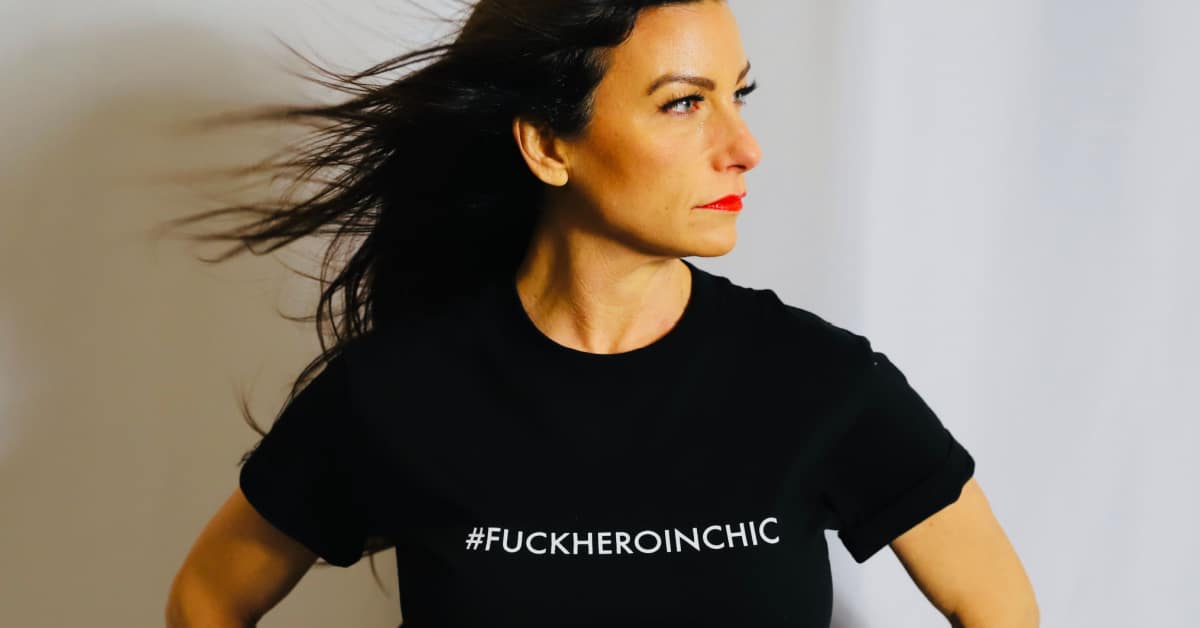
How do you unlearn decades of programming? I sit here snacking and typing, contemplating my waistline, and reaching for the trail mix. Fuck it. And fuck them and fuck the term heroin chic. I am not dying to stay thin anymore.
Flashback to 1997. The year I graduated high school. I exercised almost daily, threw up my food, and refused to go to bed without finishing my self-prescribed regime of one-hundred sit-ups and push-ups. As early as fifteen, I hit play on the Cindy Crawford workout (VHS tape) like it was my religious calling. The high-fashion scene was the benchmark I used as a weight meter. And needless to say, I was a long way off.
I feel a rant coming on, but first, let me back up a bit.
In the 90s, a term became the common lexicon in the fashion world. “Heroin Chic” epitomized the waif thin, somewhat sickly, and disheveled appearance, reminiscent of a heroin addict. The catwalk was littered with models appearing deathly thin, insinuating a steady diet of opiates and cigarettes. While some models came by this shape naturally (think pre-pubescent & 5’11), most were literally starving.
The Hunger Games
This is the part where I’d love to scapegoat the fashion industry, but let’s be clear. This messaging was everywhere in pop culture. In a recent article in the Guardian, Jess Cartner-Morley writes, “The crop-top-ready aesthetic that has returned with the Y2K fashion revival is a reminder that pop culture’s obsession with thin has deep roots. Skinny bias is so internalized that bikini pictures on Instagram is both clickbait and trigger.”
Trigger Warning: Thinness has deep roots. Don’t I know it? My late grandmother had a mantra that she repeated to her children and her grandchildren (Dear Katie) “You can never be too rich or too thin.”
My grandma was born in the late twenties, fueled by Coke-a-Cola and Virginia Slims. I am sure she didn’t know how dangerous that messaging was because it was ingrained into her by past generations. Unfortunately, her death was devastatingly gruesome as she suffered a stroke brought on by narrowed vasculature from a lifetime of nicotine. We all knew she held onto those damn cigarettes in order to stay thin. And my mother fell victim to the same pressures. Is it any wonder? If we had social media during that time, my family’s show would have been called “Keeping up with the Hunger Games.”
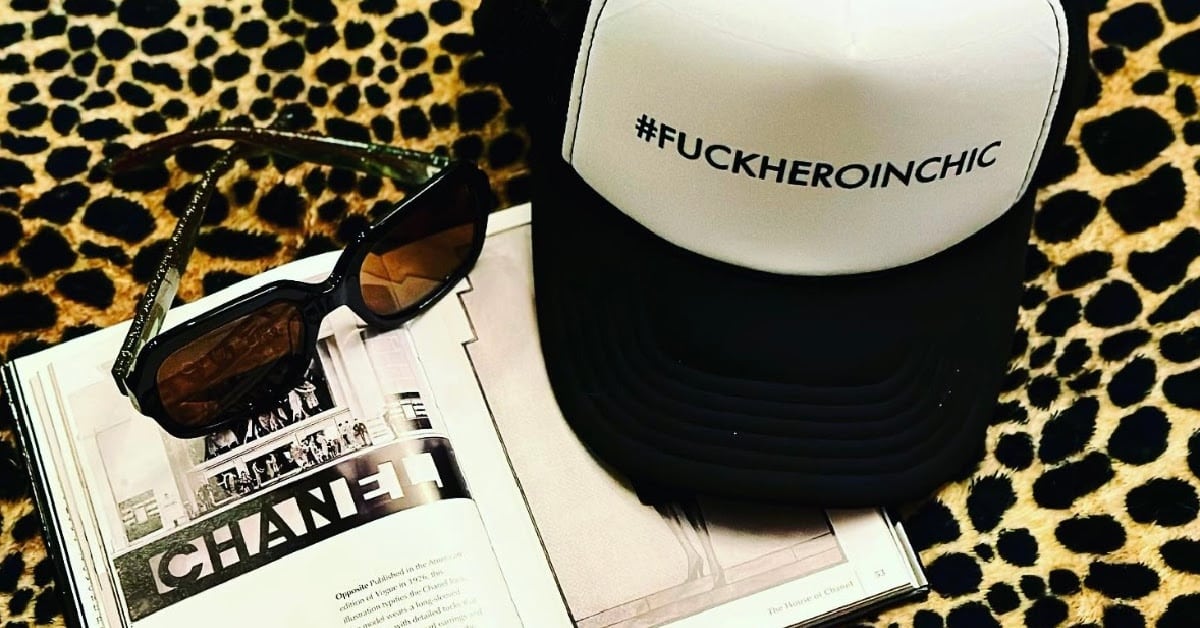
Dying to be thin
In the Y2K era, I rang in every new year with a handsome husband, a beautiful home, and a great job as a Registered Nurse. I was also grossly anorexic and an anxious mess. That was around the time I discovered alcohol. It could not only take the edge off, but the sugar hit would give me a temporary energy boost. When you are starving, even fermented grapes taste like Gold. I believe there is a term for that: It’s called Drunkorexia. Regardless, I had only a few things on my mind; avoiding the “muffin top” in my 7’s Jeans and designing my tramp stamp as an homage to my midsection. Meanwhile, I was literally dying to stay thin.
By the time I crawled into my late thirties, I was in the throes of a nervous breakdown. The heavy drinking between bouts of anorexia and bulimia had me in a mental tailspin. I was losing teeth, losing sleep, and essentially losing my mind. When I look back, this cycle I was in seemed to gain momentum insidiously. Yet it was also glaringly obvious where I was headed. Holding the fashion industry in the highest regard, I wanted to fit in. At 5’6 with a curvy build and athletic frame, it was impossible for me to convey the look of heroin chic… But I was willing to die trying.
Addiction Making Headlines
Today we have witnessed most of the 90’s supermodels sobering up and being honest about it. Amber Valletta, Naomi Campbell, Kate Moss, and Elle Macpherson have talked openly about quitting drugs and alcohol after health scares and other consequences. The cautionary tales of designers like John Galliano & Marc Jacobs entering rehab have circulated for years. Like…gurl, you have literally been interrupted. So why is this disgusting trend making headlines again?
When I saw the articles flogging the internet with the term “Heroin chic,” it was like somebody found my old yearbook. I might as well have been sitting at my class reunion, talking about my first boyfriend. Regret, mixed with nostalgia and sadness, and even a little pity for my naivety arose. So many feelings of inadequacy resurfaced. I hadn’t heard that term in years. Gawd. Fuck Heroin chic.
So, I did some digging. In a recent article in Vogue, Marielle Elizabeth writes [that she wonders what this messaging means] “for the younger generation who are about to learn what it’s like being fat in a time of thin worship.”
Well, I know what being young in a time of thin worship meant for me. It meant endless exercise, strict diets, and self-loathing. Wondering why I was cursed while others were blessed. It meant deep self-doubt that I would do nearly anything to ease the cognitive dissonance.
Carrying a heavy, heavy obsession with thinness, I would overlook my essential well-being and go to any lengths to stay thin. It sounds a lot like addiction, doesn’t it?
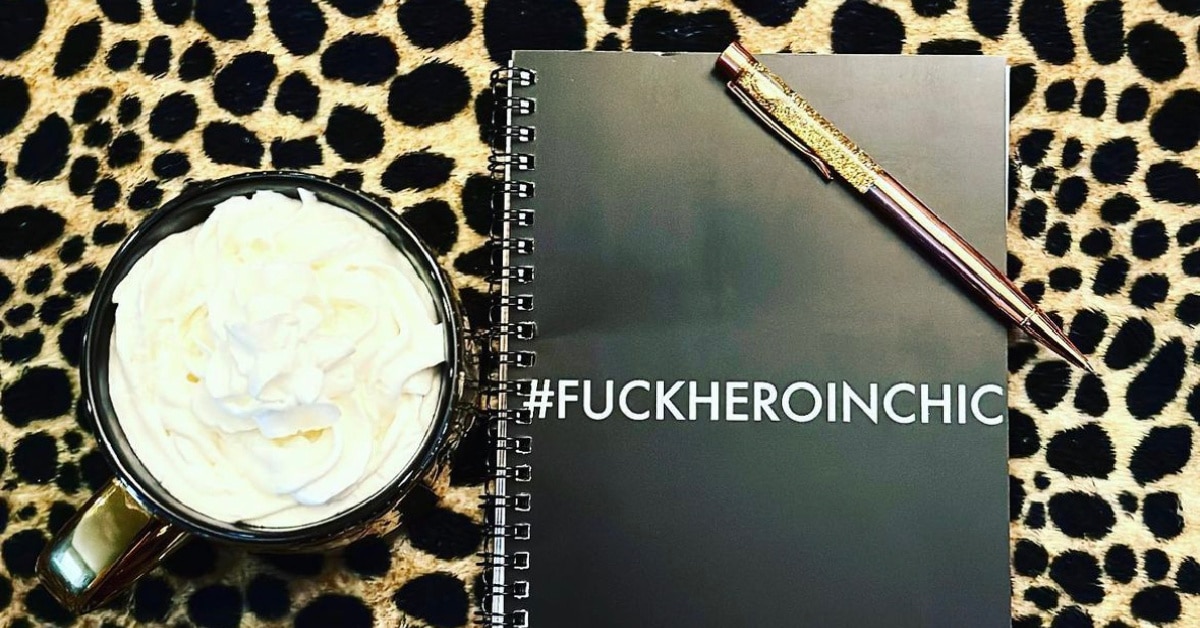
Nothing Chic About it
After some time in sobriety, I realized my first addiction was not alcohol; it was food. Moreso, I was addicted to staying thin. I write this not as anecdotal evidence but as a testimony of what so many women have shared with me yet are afraid to talk about publicly. Because somehow, talking about food and body shape holds more stigma than talking about drugs and alcohol. We balk at the term “Heroin Chic” because it’s horrific. Especially knowing that so many lives have been lost to heroin overdose.
But what we are afraid to say is that the notion brings back nostalgia to another addiction we hold so close to the vest. It’s an addiction we are supposed to have and not talk about. But I am talking about it. So, let’s cut the bullshit for a minute. Passing this on (yet again) to the next generation is ludicrous. How about teaching our kids’ dopamine dressing and how to feel more alive with personal style? The world is going to be hard enough. Bring a snack, kids. It’s tough out there.
I am a big advocate of fashion brands hiring people who understand the psychology of fashion and use it to market in a way that does not harm them. Such people exist in various shapes and sizes, with the education and training in marketing and cultural awareness to raise the bar. Or, at the very least, the headlines.

Raising my standards
I am not here to analyze the zeitgeist and challenge it with a performative body positivity message. I am here to rewrite my own story. “Go back and laugh in the places you’ve cried; change the narrative.” The thing is, I didn’t have the courage or insight to say this in my twenties and thirties. I was literally and figuratively on a treadmill for decades, trying to keep up. But my forties, coupled with sobriety, has brought me a fresh perspective. (In recovery, we call this a gift wrapped in shit) My philosophy is this: You are too smart and worthy to buy into that anymore.
I am not saying I am immune to the perfectionistic tendencies I once suffered. But nowadays, I see the beast rear its ugly head, and I immediately work to change my internal dialogue. #fuckheroinchic and all that bullshit messaging that kept me sick for so long. So be it if I have to wear a logo tee with a smart blazer and some high-waisted mom jeans. I am a forty-something woman who knows better. I am not dying to stay thin. I am living and breathing and recovering out loud. Every year I exist on this planet feels like pure privilege because it is.
“As you heal, so do your standards.” – Iman
Grace & Glam,
Kate
#ADDTOCART #FUCKHEROINCHIC

WALK YOUR TALK: Sober Fashionista Kate Vitela is our section of the site that celebrates fashion and the role it plays in our recovery. Getting ready for life can be just as fun if not more fun, now that we’re sober…because drunk never looks good.
Living a sober lifestyle? Us too! Our goal is to help smash the stigma surrounding addiction, showing that sober is not boring, by providing positive content on living life to the fullest. The lifestyle section is a catch-all for all things sober living.
#ADDTOCART features unique sobriety gifts, swag, products, and miscellaneous merch we adore. Plus, we love discovering and featuring small businesses founded by people in recovery.
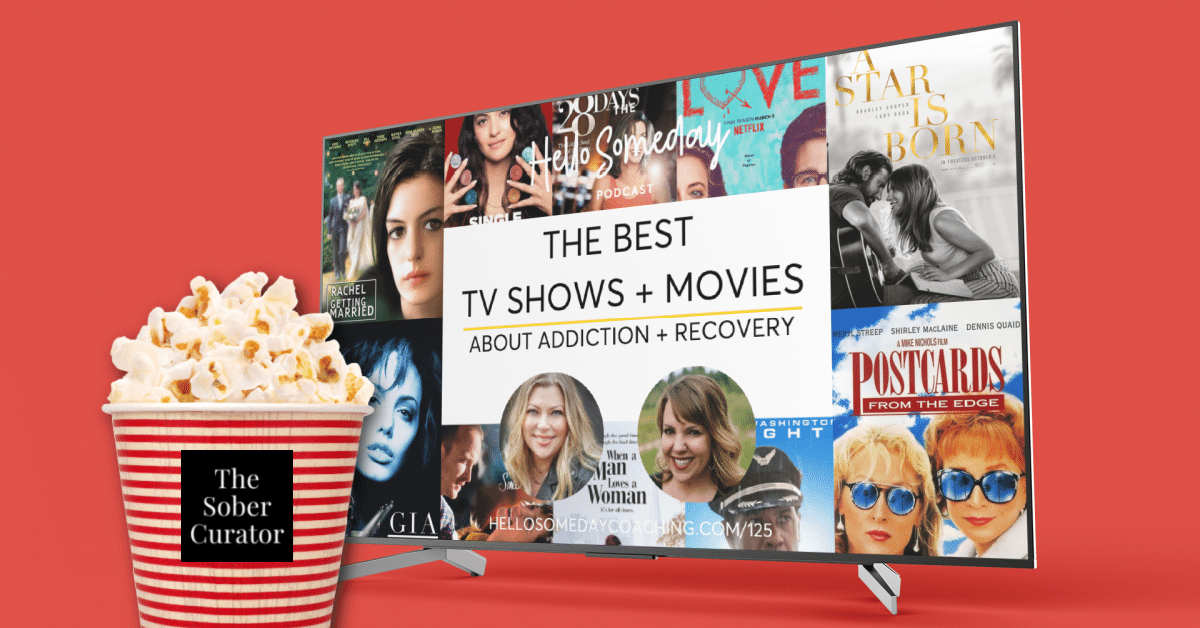
MOVIE NIGHT WITH THE SOBER CURATOR: The Best TV Shows, Movies, and Documentaries About Addiction & Recovery
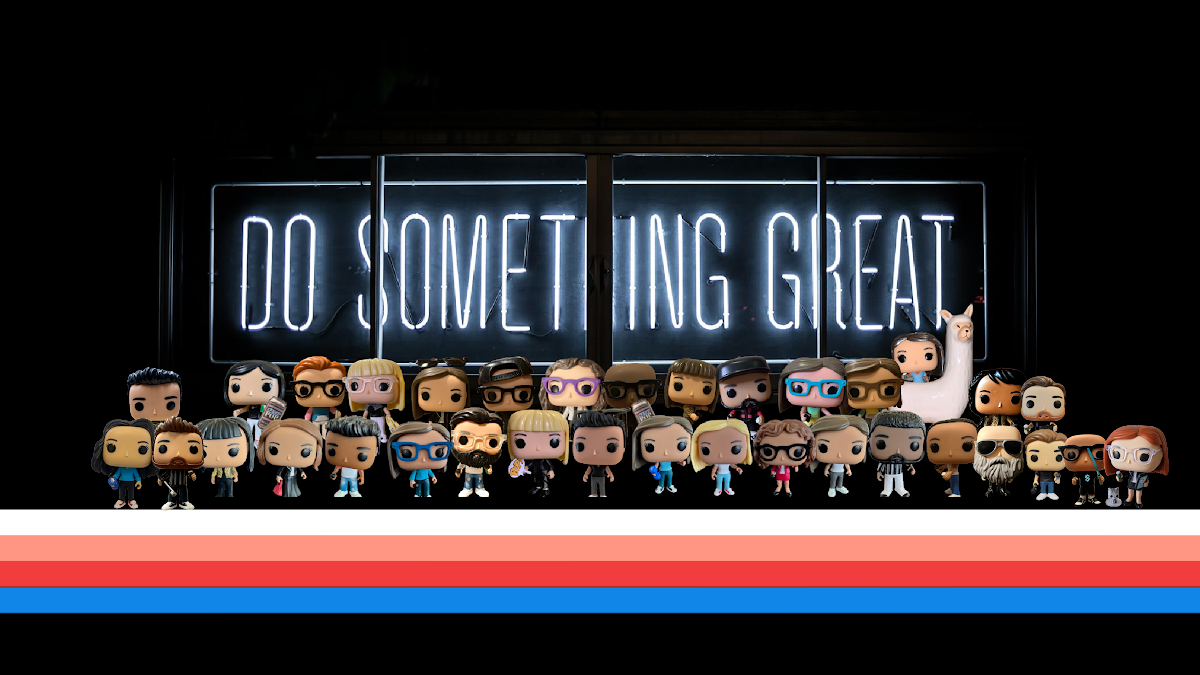
Resources Are Available
If you or someone you know is experiencing difficulties surrounding alcoholism, addiction, or mental illness, please reach out and ask for help. People everywhere can and want to help; you just have to know where to look. And continue to look until you find what works for you. Click here for a list of regional and national resources.














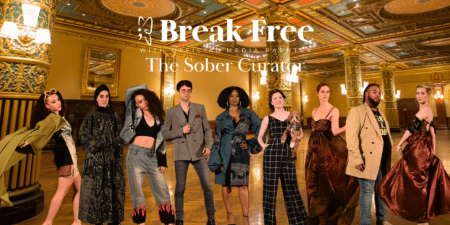

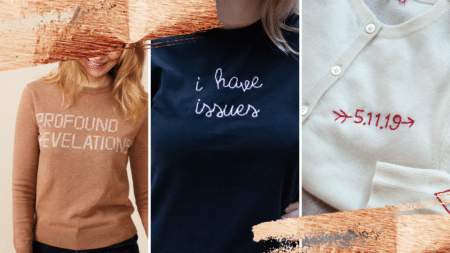
1 Comment
Great read Katy. And I hope your life is going well!! Char Merzoian